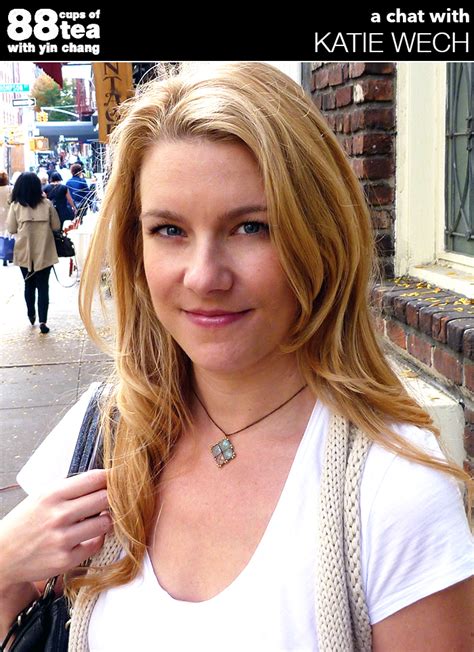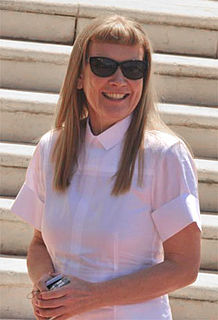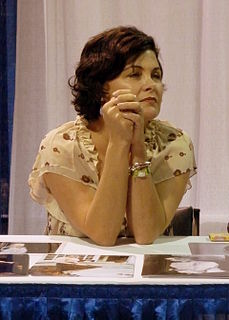A Quote by Tom Paulin
One of the strongest features of Puritanism is its autobiographical tendency, its passionate self-regard.
Quote Topics
Related Quotes
There is too great a tendency (perhaps encouraged by popular journalism) to deal with the dramatic moments, forgetting that these are not always the most significant moments. ... To find the significant rather than the dramatic features of industrial controversy, of a disagreement in regard to policy on board of directors or between managers, is essential to integrative business policies.
Each of us is born with two contradictory sets of instructions: a conservative tendency, made up of instincts for self-preservation, self-aggrandizement, and saving energy, and an expansive tendency made up of instincts for exploring, for enjoying novelty and risk-the curiosity that leads to creativity belongs to this set. But whereas the first tendency requires little encouragement or support from outside to motivate behaviour, the second can wilt if not cultivated.
The mainspring of creativity appears to be the same tendency which we discover so deeply as the curative force in psychotherapy, man's tendency to actualize himself, to become his potentialities. By this I mean the organic and human life, the urge to expand, extend, develop, mature - the tendency to express and activate all the capacities of the organism, or the self.
Rather than attend to a world considered as if it's out there, I have to start to attend to me. That led to some things that I never wanted it to lead to, person as a sort of psychological miasma. I started to get wrapped up in self, and then, for the first time, self did become an autobiographical self.






































